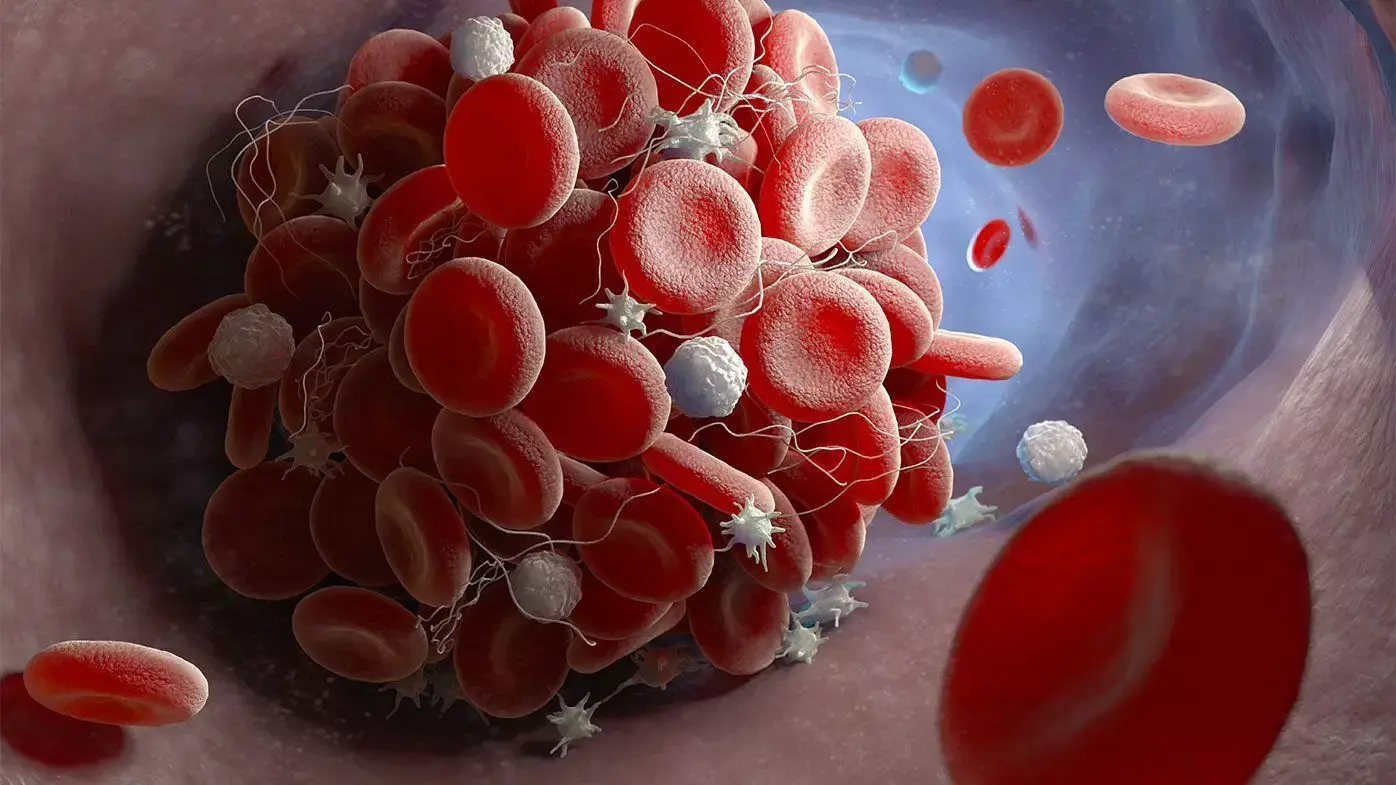- Home
- Medical news & Guidelines
- Anesthesiology
- Cardiology and CTVS
- Critical Care
- Dentistry
- Dermatology
- Diabetes and Endocrinology
- ENT
- Gastroenterology
- Medicine
- Nephrology
- Neurology
- Obstretics-Gynaecology
- Oncology
- Ophthalmology
- Orthopaedics
- Pediatrics-Neonatology
- Psychiatry
- Pulmonology
- Radiology
- Surgery
- Urology
- Laboratory Medicine
- Diet
- Nursing
- Paramedical
- Physiotherapy
- Health news
- Fact Check
- Bone Health Fact Check
- Brain Health Fact Check
- Cancer Related Fact Check
- Child Care Fact Check
- Dental and oral health fact check
- Diabetes and metabolic health fact check
- Diet and Nutrition Fact Check
- Eye and ENT Care Fact Check
- Fitness fact check
- Gut health fact check
- Heart health fact check
- Kidney health fact check
- Medical education fact check
- Men's health fact check
- Respiratory fact check
- Skin and hair care fact check
- Vaccine and Immunization fact check
- Women's health fact check
- AYUSH
- State News
- Andaman and Nicobar Islands
- Andhra Pradesh
- Arunachal Pradesh
- Assam
- Bihar
- Chandigarh
- Chattisgarh
- Dadra and Nagar Haveli
- Daman and Diu
- Delhi
- Goa
- Gujarat
- Haryana
- Himachal Pradesh
- Jammu & Kashmir
- Jharkhand
- Karnataka
- Kerala
- Ladakh
- Lakshadweep
- Madhya Pradesh
- Maharashtra
- Manipur
- Meghalaya
- Mizoram
- Nagaland
- Odisha
- Puducherry
- Punjab
- Rajasthan
- Sikkim
- Tamil Nadu
- Telangana
- Tripura
- Uttar Pradesh
- Uttrakhand
- West Bengal
- Medical Education
- Industry
Low-dose aspirin equally effective for VTE prevention in joint surgeries: Study

Rochester, MN: Twice-daily low-dose aspirin is equally effective as twice daily regular-dose aspirin for the prevention of venous thromboembolism (VTE) in patients with primary TJAs, finds a recent study in the Journal of Arthroplasty. The researchers found no difference in risk of mortality or gastrointestinal bleeds in the two groups.
Whether low-dose (81 mg) or regular-dose (325 mg) aspirin (ASA) is more effective for VTE chemoprophylaxis in primary total joint arthroplasties (TJAs) is not clear. To fill this knowledge gap, Mason E. Uvodich, Department of Orthopedic Surgery, Mayo Clinic, Rochester, MN, and colleagues aimed to evaluate the efficacy of low-dose and regular-dose ASA for VTE chemoprophylaxis in primary total hip arthroplasties and total knee arthroplasties.
For the purpose, the researchers retrospectively identified 3512 primary TJAs (2344 total hip arthroplasties and 1168 total knee arthroplasties). In these cases ASA was used as VTE chemoprophylaxis between 2000 and 2019
Patients received ASA twice daily for 4-6 weeks after surgery with 961 (27%) receiving low-dose ASA and 2551 (73%) receiving regular-dose ASA.
The primary endpoint was 90-day incidence of symptomatic VTEs. Secondary outcomes were gastrointestinal (GI) bleeding events and mortality.
Key findings of the study include:
- There was no difference in 90-day incidence of symptomatic VTEs between low-dose and regular-dose ASA (0% vs 0.1%, respectively).
- There were no GI bleeding events in either group.
- There was no difference in 90-day mortality between low-dose and regular-dose ASA (0.3% vs 0.1%, respectively).
"In 3512 primary TJA patients treated with ASA, we found a cumulative incidence of VTE <1% at 90 days," wrote the authors
"Although this study is underpowered, it appears that twice daily low-dose ASA was equally effective to twice daily regular-dose ASA for VTE chemoprophylaxis, with no difference in risk of GI bleeds or mortality," they concluded.
The study titled, "Low-Dose vs Regular-Dose Aspirin for Venous Thromboembolism Prophylaxis in Primary Total Joint Arthroplasty," is published in the Journal of Arthroplasty.
DOI: https://www.arthroplastyjournal.org/article/S0883-5403(21)00133-9/fulltext
Dr Kamal Kant Kohli-MBBS, DTCD- a chest specialist with more than 30 years of practice and a flair for writing clinical articles, Dr Kamal Kant Kohli joined Medical Dialogues as a Chief Editor of Medical News. Besides writing articles, as an editor, he proofreads and verifies all the medical content published on Medical Dialogues including those coming from journals, studies,medical conferences,guidelines etc. Email: drkohli@medicaldialogues.in. Contact no. 011-43720751


